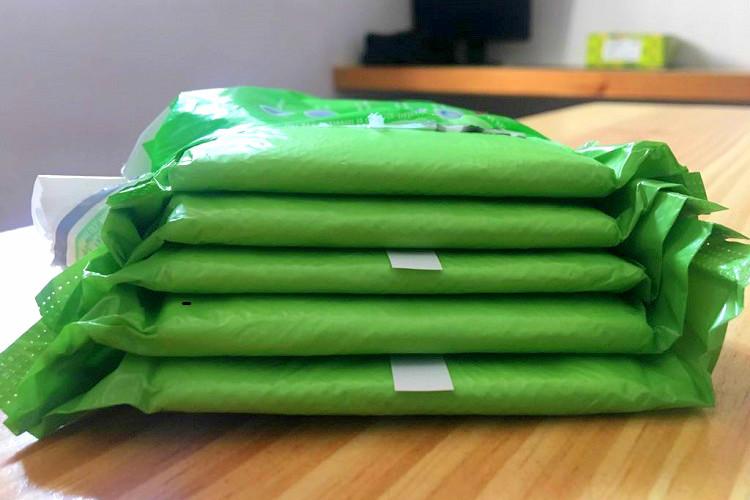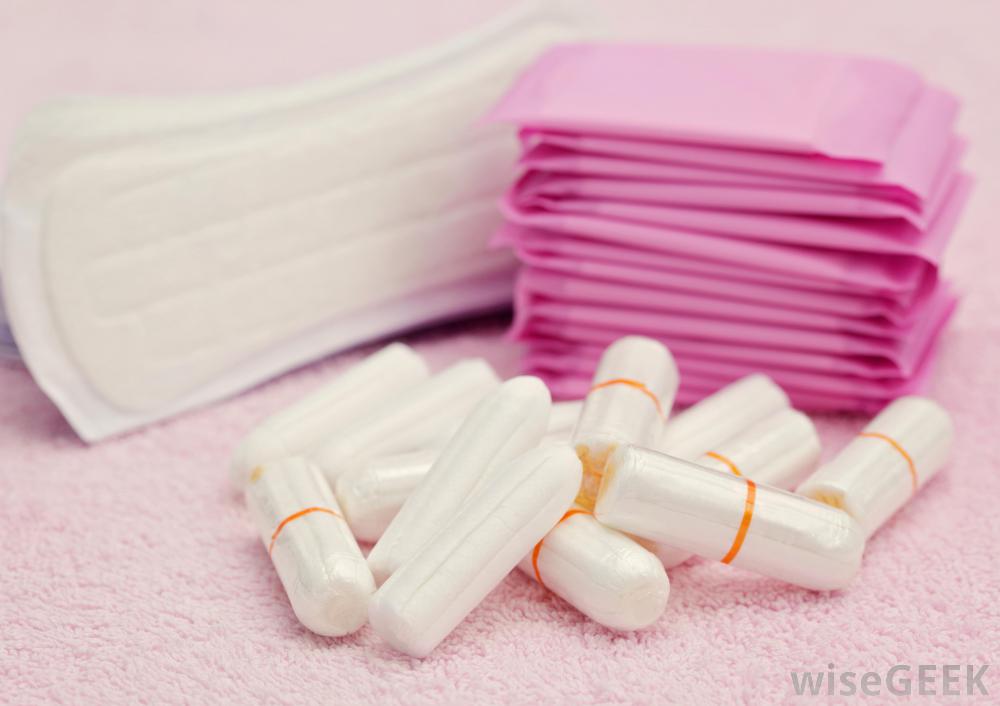Menstruation is a perfectly normal biological process that marks a girl’s transition from childhood to fertility. However, for most young girls in Sub-Saharan Africa, this monthly affair is a crisis.
Menstruation can be managed with the appropriate sanitary items, but adolescent school-going girls suffer from a host of injustices and barriers to opportunity due to lack of access to such basic protection: sanitary towels. In Kenya, quality sanitary towels retail at about 85 shillings ($0.85 USD). This is too costly for most poor households who survive on less than a dollar a day. The 2015 National Housing Survey of Kenya concluded that 3,000 shillings ($30 USD) was the average monthly income for poor households. Accordingly, it is easy to see why sanitary products might not be a priority for families with pressing needs like securing food and shelter. This leaves girls in need of sanitary towels at crossroads, and subjects them to shame, low self-esteem, and exclusion from social activities.
Puberty comes with other physical changes, like the development of breasts and widening of hips. These are physiological markers of fertility, which makes girls vulnerable to sexual predators who might seek to take advantage of their maturing bodies, poverty, and naivety. It is not uncommon for some girls to resort to desperate measures to manage their menstruation when they do not have access to sanitary towels, which includes early sexual activities in exchange for money; at times, for as little as a dollar. The resultant effect is sexual abuse, early pregnancy, and susceptibility to sexually-transmitted infections. More than 9,000 cases of teenage pregnancies were reported in Busia County, Kenya in 2016. This high figure can be attributed in a significant way to the trading of sex for sanitary towels.

Parental negligence further aggravates the problem. In Sub-Saharan Africa, low value is placed on girls’ needs and rights. Consequently, negligent parents do not bother to provide for what they perceive to be ‘extra’ needs. Some girls report that their parents encourage them to have sexual relations with older men for financial support that can then be pooled amongst the family. Ironically, these same parents are the kind to chase girls away from home in the event of pregnancy. Girls in such circumstances can often find themselves coerced into getting married as a second or even third wife at a tender age. This increases their vulnerability and traps them in a cycle of poverty, because the age and power imbalances with their husbands limit their decision-making power and autonomy in their unions.
It is estimated that girls in Sub-Saharan Africa miss about 4 school days or more a month due to lack of sanitary protection. This is equivalent to two weeks of learning days simply lost in the course of one school term. Naturally, this affects the academic performance of girls. Self-consciousness about the risk of staining clothes can lower concentration levels of in class, making them distracted from learning as much as they can. It is particularly difficult for girls who wear bright colored uniforms, as any red stain becomes more pronounced, which makes them vulnerable to mockery in the schoolyard.
This doesn’t even factor in the sanitation of many schools, a good number of which grapple with poor infrastructure in developing countries. These schools lack basic facilities like clean water, private washrooms, and sanitary-ware disposal – all of which are factors that keep girls away from school during menstruation.
To protect the dignity of girls and keep them in school, sanitary towels need to be free and accessible for all school-aged girls. Governments need to prioritize provision of sanitary towels in their budgets. In Kenya, the President signed the Basic Education Amendment Act into law, which assures every girl in a public school can access free sanitary towels. This is a step in the right direction, however more efforts need to be geared towards implementation of the Act.
Schools need to incorporate menstrual hygiene management in the curriculum. African parents rarely discuss menstruation with their girls; it is almost considered a taboo. Girls must be taught how to manage their periods alongside with side effects like hormonal shifts and menstrual cramps. This coupled with the provision of clean water, private washrooms for changing sanitary pads, and clean disposal facilities will help keep girls in school.

